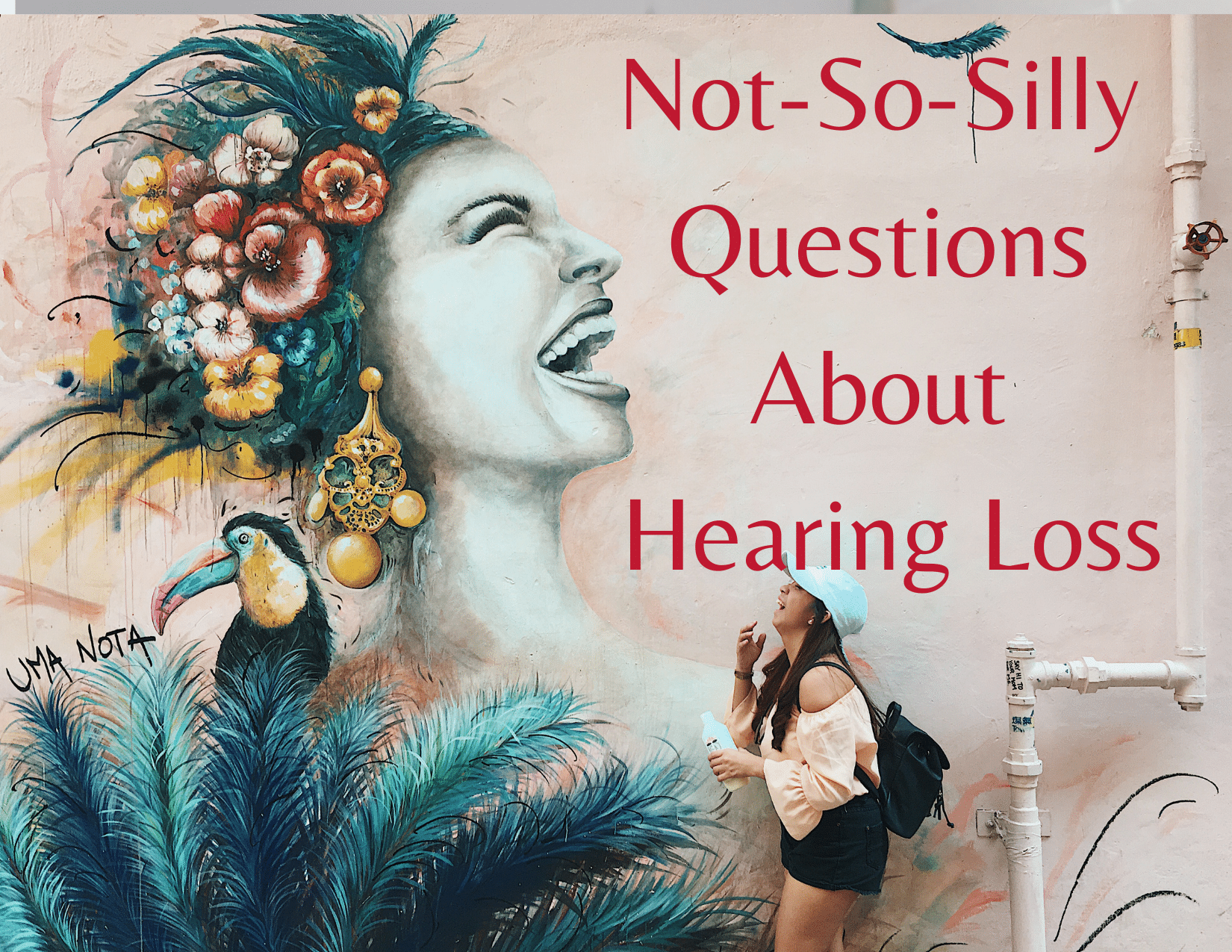by Mike Metz, PhD, frequent Hearing Views contributor
Like the tip of an iceberg, there’s a lot that is not immediately obvious in the HTTM post of April 4th (California Legislation Would Authorize Hearing Aid Dispensers to Conduct Cerumen Management and Tympanometry). There’s lots of history behind this proposal and lots of politics.
It will be especially interesting to see how the California Speech-Language, Audiology and Hearing Aid Dispensers Board deals with this issue. As you can see by the name of the California state board that oversees Audiology, they also oversee Hearing Aid Dispensers.
Feuds of Long Standing
When reading the proposed changes to the laws that are overseen by the Speech-Language, Audiology and Hearing Aid Dispensers Board, one immediate item that comes to mind is the potential and long-standing feud between two groups included in the same set of regulations.
This disagreement is notable especially if one is even vaguely familiar with the audiology and dispensing laws and their history since passage in the late 1970s. In a nutshell, the interests of audiology and dispensing are conflicted. And the proposed changes do not adequately address any of the conflicts but rather would seem to add to them.
Licensing of hearing aid dispensers originally arose out of the need—real or imagined—to protect consumers. The proposed changes in the regulation do not offer a greater degree of protection to the consumer. Vague “demonstrated proficiency” and “physician and surgeon supervision”, which shall be subject to “a written standardized protocol” yet to be developed, are no substitute for educational standards set in place by appropriate, designated committees and subsequently encoded into a regulation.
New Conflicts Arise
There are several areas of conflict that would arise if this change in regulations were to be enacted. Who would bill for such proposed procedures—the off-site physician or the sales person functioning in a heretofore-medical arena? Both the former off-site supervision/billing, and the latter billing by non-medical personal might be illegal. Or, at the least, other regulations would have to be put into place to clarify and/or allow both.
Who would assume legal responsibility for this sort of customer care? Would the insurance of the physician include liability coverage in this vague scenario? Could the dispenser obtain liability coverage from any reasonable insurer? It would seem that liability insurance would be one method of establishing credibility in these methods, but I think most insurers would hesitate to write a policy.
How does one take a single test from a clinical battery and justify using tympanometry alone, without classroom training, clinical supervision, and at least some sort of ability to interpret test results? It should not have to be said that a mere tympanogram does not a diagnosis make. And, if one argues that the tympanogram would “raise a red flag”, that same flag should have also been raised by prior warnings and current practice standards of dispensing care.
Administering “hearing tests” has been sought by hearing aid dispensers from the beginning of licensing—to wit the limited allowance of hearing testing in the dispensing law. Past efforts have proposed to allow hearing aid dispensers to bill for testing certain populations (MediCal recipients and VA patients to name a couple.)
Who Gets Paid
Aside from the issues of appropriate formalized education and legal ramifications for the supervising physician as well as the dispenser, the issue fundamentally would seem to involve reimbursements. After all why would anyone take on tasks that are billed by others and not be able to bill for the task when they do it. If the tasks are not reimbursable, is there another reason for investment in equipment and time with no money involved? Usually altruism is not that high on anyone’s list.
Laws and regulations are enacted to meet the needs of the times. And times change. So laws must also be occasionally updated, but its hard not to strictly interpret the intent of the laws pertaining to this issue. Education (formal) and consumer protection were the precipitators of the original licensing laws for both audiology and hearing aid dispensing. It’s difficult to see how they would no longer apply.
Which brings us to the deeper and more wide-reaching, long-term issues.
The Long View
California Senate bill SB-198, is a symptom of changing times regarding hearing care. There is no reason that non-physicians or non-audiologists cannot take a greater role in the care of hearing loss. After all, there should be no unreasonable restraint on knowledge, technology, learning from the past, or the advancement of any group involved in that care. And, everyone can understand the lengths to which people will go to protect what they believe is their “turf”. But, it would seem that SB-198 would put a regulation in place without the proper infrastructure. And, if it succeeds in California, I suspect it will not be a good model.
In the coming changes in the distribution of hearing devices, there will be an increased need for the detection of ear diseases showing up in all offices. If hearing aid dispensers wish to play a more important part in getting appropriate help to these customers, they must first put into place the necessary education and training to support their additional participation. Then they can change the law (and perhaps even reimbursement protocols) to reflect their increased ability to protect the public.
Mike Metz, PhD, has been a practicing audiologist for over 45 years, having taught in several university settings and, in partnership with Bob Sandlin, providing continuing education for audiology and dispensing in California for over 3 decades. Mike owned and operated a private practice in Southern California for over 30 years. He has been professionally active in such areas as electric response testing, hearing conservation, hearing aid dispensing, and legal/ethical issues. He continues to practice in a limited manner in Irvine, California.








Nicely done Mike. I can not understand why this has even been considered?